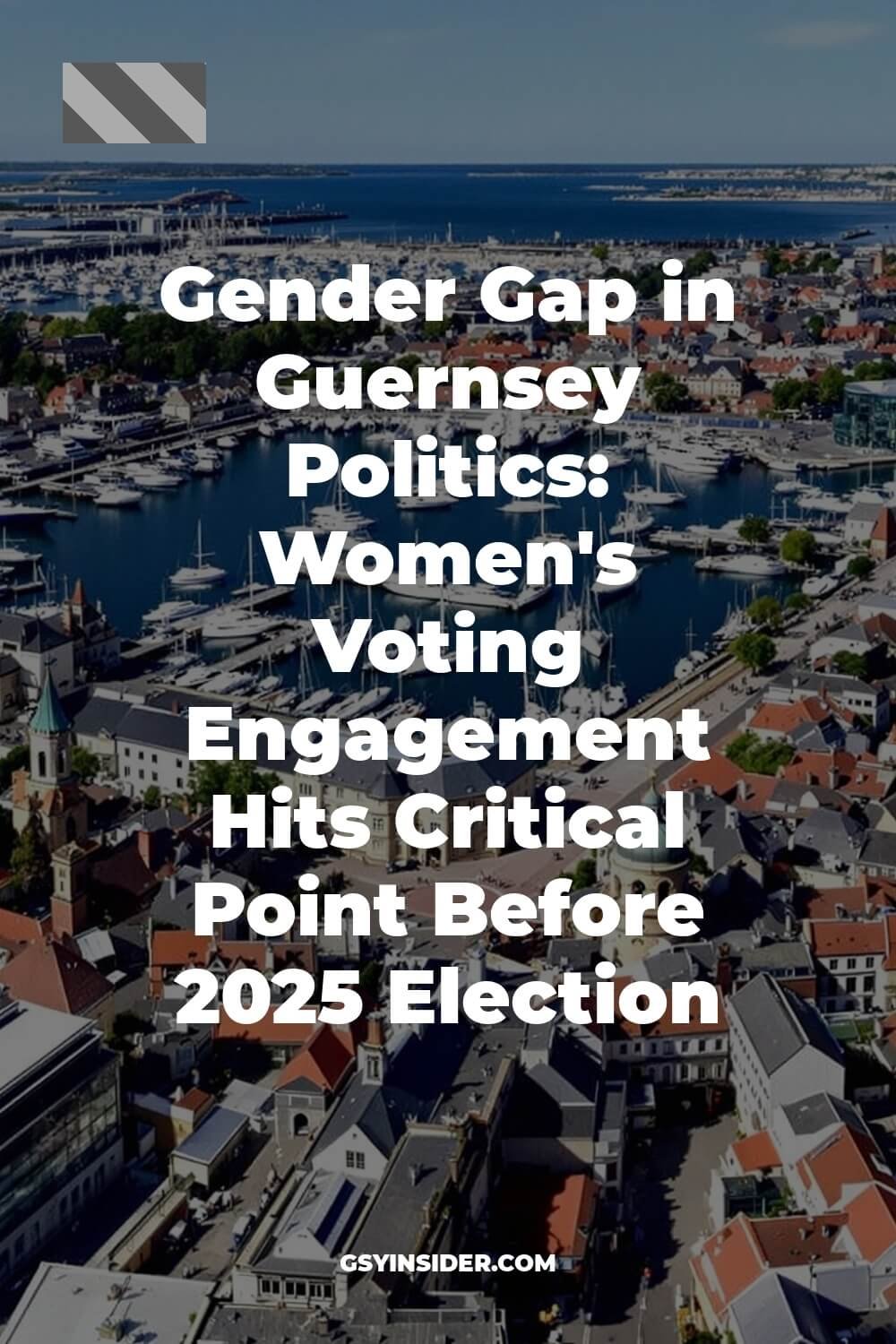Guernsey Faces Critical Challenge: Bridging the Gender Gap in Political Participation
Guernsey’s democratic landscape is confronting a significant challenge as recent research reveals a stark gender disparity in political engagement, highlighting the urgent need for strategies to increase women’s involvement in the island’s governance. This issue echoes themes highlighted in CI Politicians Get Candid About Women in Politics.
The Stark Reality of Representation
With women comprising just 21% of the current parliamentary representation—only 8 out of 38 deputies—Guernsey is experiencing a critical underrepresentation that extends beyond mere numbers. This imbalance reflects deeper systemic barriers preventing women from fully participating in the political process. Efforts like those shown in Election Turnout Analysis in Jersey provide valuable insights for tackling similar issues.
Complex Barriers to Engagement
The reasons behind women’s hesitancy are multifaceted. Work-life balance challenges, perceived hostile political environments, and a sense of inadequate representation all contribute to women’s reluctance to engage politically. These obstacles are not unique to Guernsey but represent broader challenges facing women in democratic societies, as seen in examples discussed by Guernsey Politicians Push for Women’s Political Participation.
Related Research
Studies such as the 2022 Election Research Center – Tufts University have delved into the root causes of limited political engagement globally, drawing parallels to Guernsey’s challenges.
Proactive Initiatives for Change
Local organizations are not passive in addressing these challenges. Women in Public Life and the IoD Next Gen Forum: Navigating Guernsey Politics are actively developing programs to encourage and support women’s political participation. Campaign videos featuring female deputies aim to inspire and normalize women’s leadership roles.
Enhanced Focus on Female Leadership
Efforts to showcase women’s capabilities address critical gaps highlighted in studies like the Women Voters and Local Politics Engagement Study.
Voices of Hope and Action
Deputy Tina Bury’s statement about challenging perceptions of women’s capabilities resonates as a powerful call to action. Her perspective underscores the importance of role models in changing societal narratives about women in politics. Further discourse, such as that provided by Getting the Balance Right – Guernsey Chamber, offers a roadmap for meaningful integration.
Looking Forward: A Balanced Democratic Future
The upcoming June 2025 election represents a critical opportunity for Guernsey to address its gender representation challenges. Successful intervention requires a multi-pronged approach involving education, mentorship, and systemic cultural changes. Resources like the Youth Political Engagement Toolkit may also help increase participation among underrepresented groups.
While the current statistics are concerning, they also present an opportunity for meaningful transformation. By recognizing and actively working to dismantle barriers, Guernsey can move towards a more inclusive and representative political landscape. As highlighted in studies such as the Women’s Voting Participation Analysis, true progress requires a concerted effort.
The path to gender equality in political representation is complex, but with continued commitment and strategic interventions, meaningful progress is possible.

